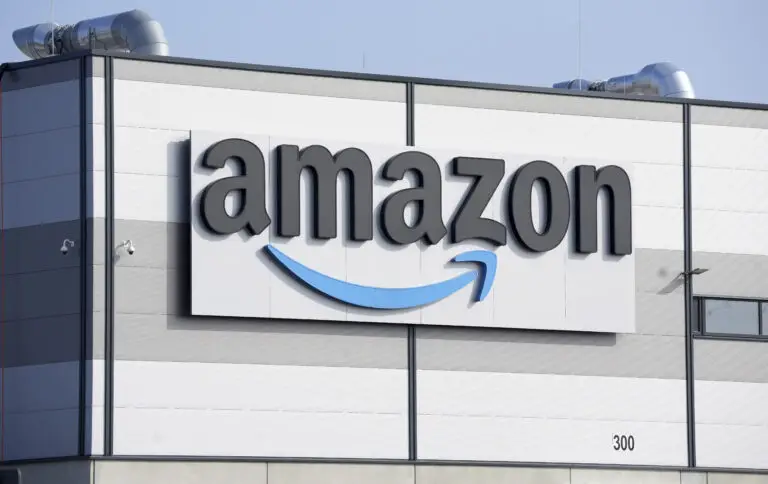In one of the largest consumer protection penalties in recent history, Amazon has agreed to pay $2.5 billion to resolve allegations that it manipulated users into joining its Prime membership and obstructed their ability to cancel it.
At the heart of the settlement are accusations that the retail giant engineered a misleading signup process for Prime — Amazon’s $139-per-year subscription — while constructing what regulators described as a digital maze to exit it.
Regulatory Reckoning
The U.S. Federal Trade Commission (FTC) brought the case after uncovering what it claims were years of “dark pattern” tactics — a term for user interface designs intended to trick, nudge, or confuse users into taking unintended actions. These included prominent prompts to accept Prime, while options to decline were buried or visually minimized.
Worse still, cancellation was allegedly routed through an internal system that was so convoluted it earned the nickname “Iliad” — a reference to Homer’s ancient tale of prolonged warfare. According to the complaint, this labyrinthine setup effectively trapped subscribers unless they were persistent enough to fight their way out.
What Changes Now
The settlement does not include an admission of wrongdoing by Amazon, but it imposes significant operational reforms:
- Clearer Disclosures: Subscription costs and renewal terms must be presented in plain view — not hidden in footnotes.
- Simplified Cancellation: Consumers must now be able to cancel Prime in two clicks or less.
- Informed Consent: Amazon must secure explicit and unambiguous agreement from users before enrolling them in Prime.
A federal judge recently ruled that Amazon had, in fact, obtained payment information before fully disclosing subscription terms — a violation of consumer protection laws.
Part of a Broader Tech Clampdown
This case is one of several moves by U.S. regulators to claw back control over tech titans long seen as operating with impunity. The bipartisan push reflects growing discomfort in Washington with the disproportionate power and influence wielded by firms like Amazon, Google, Meta, and others.
While Amazon remains silent on the matter, the $2.5 billion penalty signals that federal watchdogs are no longer content with finger-wagging — they’re coming for the wallet.

